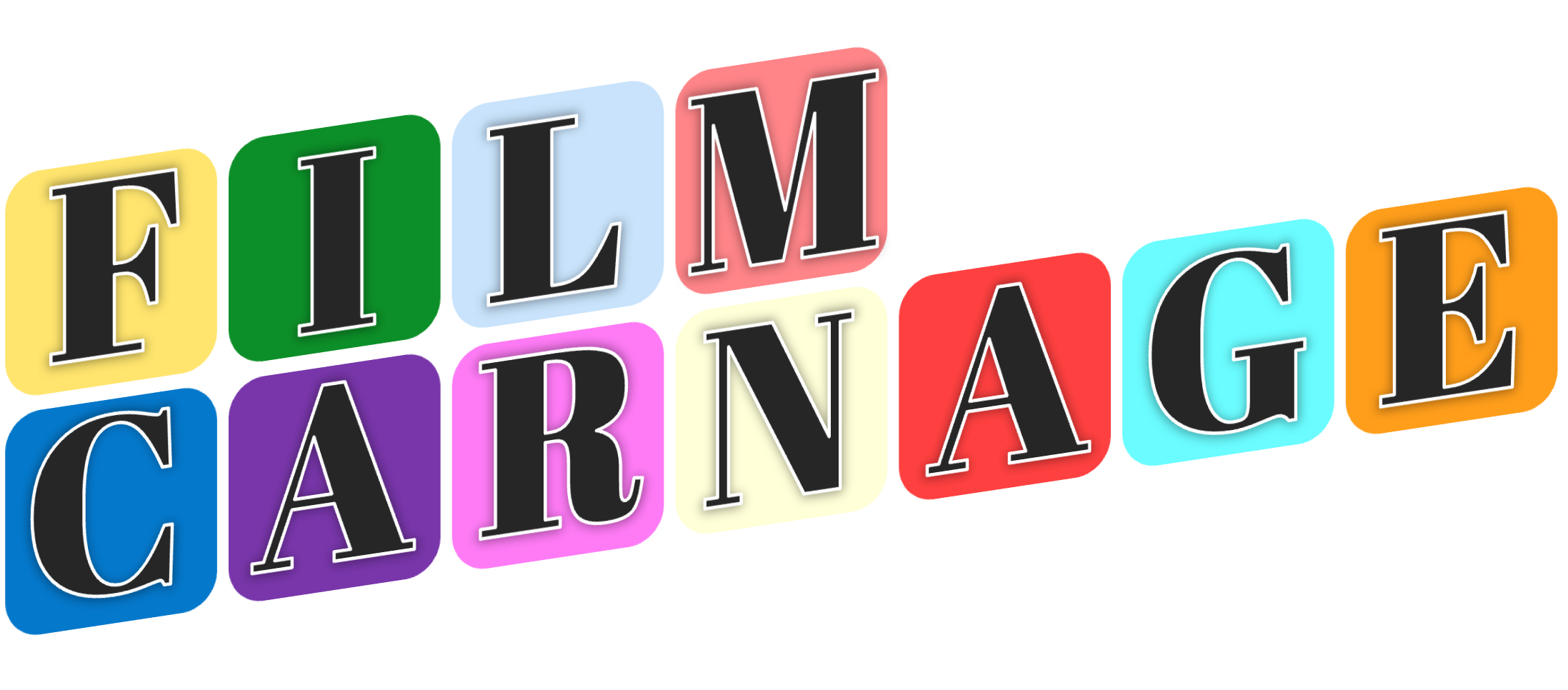Directed by Anna Nemes, four women, Csonka, Yvette, Eszter and Noemi are middle-aged women who transform themselves into a sculpted mass of muscle. Their physique is both a temple and a tool – outer and inner strength manifested as one. This film looks at these women’s lives out of the spotlight and beyond the gym, exploring the reasons that made them choose this singular and often punishing lifestyle.
Most films about bodybuilders typically follow those in their prime, fighting to win a competition, to reach their peak fitness and psychical aesthetic but Beauty of the Beast follows what happens after that. These three women may have gotten older but that in no way means they give up that passion for bodybuilding, it simply gets harder. Which is one of the reasons why people are so impressed whenever they see someone over the age of fifty in such phenomenal shape because it is undoubtedly challenging. Not just physically difficult but mentally so, and that’s intensified even more for women. There’s an ingrained societal prejudice against women who are muscular, who exemplify a physical level which is only widely accepted for men.
Anna Nemes captures the struggle behind that strive for excellence, and dives straight into a sincere and almost overwhelming vulnerability. The sheer amount of emotion is surprising, it does not hold back and explores a lot of loneliness and isolation, as well as anxiety and mental struggle. It’s well done but the only downside is that the focus across each of the women feels unbalanced. There’s a lot more time spent on some than others, which makes them feel more like side stories than equal parts. It does feel as though they had more to offer, more to tell of their lives that we didn’t see, especially since it does have such a brief runtime for a feature.
Visually, it unexpectedly chooses a lot of obscure and unusual angles, especially in the sense that it doesn’t always take in the whole picture, instead focusing on their faces. Not giving the usual full sense of the workout, but lasering in on their intensity and motivation. It’s a double edged sword because though it works well, it can sometimes feel a touch claustrophobic, although there is a variety to it.
Beauty of the Beast is a compelling look into the different challenges facing women bodybuilders in middle-age. It gives an insider view of their struggles both physical and mental, as well as the impact of societal norms and typical rejection or disapproval of muscular women. It’s surprisingly emotional but feels as though there was more to explore, its subjects had more to give for a truly deep dive into their lives. However, its decision to focus on the mental health aspects with intensity is a unique and well chosen addition.

